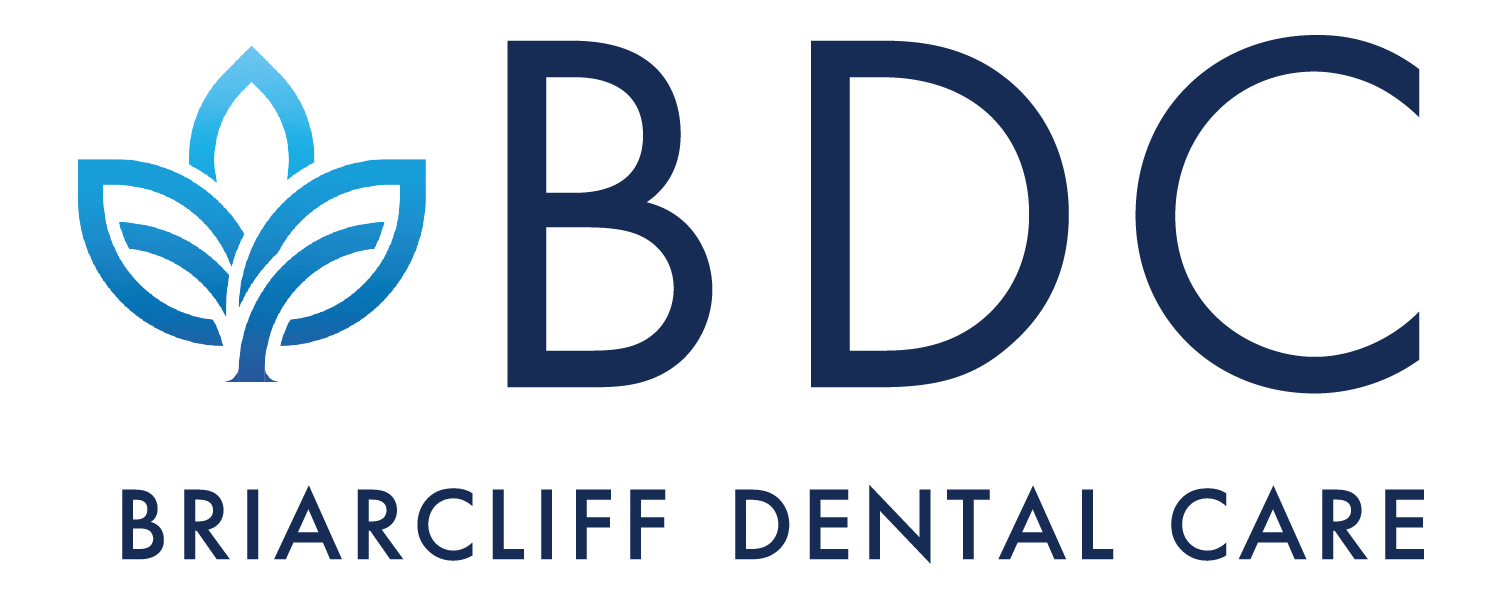A dental crown is a cover used to protect a tooth that has been damaged. Sometimes called a cap, a dental crown serves both structural and aesthetic purposes. A permanent crown is typically made of either metal, ceramic, resin, or porcelain. According to the American College of Prosthodontists:
- 36 million Americans have no teeth
- 120 million Americans have at least one tooth missing
- 2+ million implant-supported crowns are made annually
A single crown may be the most common restorative dental procedure. In this post, we will review:
- When is a dental crown needed?
- What are other options in lieu of dental crowns?
- What are the different types of dental crowns?
- What is the dental crown process?
- What are advantages or complications from dental crowns?
- How to care for dental crowns?
- How long do dental crowns last?
A dental crown versus other dental procedures:
A dental crown is needed to:
- reinforce your tooth after undergoing a root canal procedure
- hold together a cracked or broken tooth
- protect and strengthen a damaged tooth
- mask discolored or misshapen teeth
- beautify dental implants
- support a dental bridge
- hold a large filling in place or cover it
For lesser tooth damage, a filling, inlay, or veneer might suffice.
A dental filling addresses a cavity or small hole in your tooth. An inlay or onlay would be the next progression to restore tooth damage that is beyond a filling. Veneers provide cosmetic solution for discoloration or other surface-level damage such as cracks or chips.
Crowns are better suited for restorative tooth damage but can also enhance tooth appearance. For more extensive tooth damage, such as a radial fracture, a tooth extraction, (possibly) followed by dental implant may need to be performed.
Dental crown types and processes
When it comes to dental crowns, the first two questions to answer are:
- what material?
- how many visits to the dentist?
The most durable crown option is gold, stainless steel, or another metal. For those who do not want their dental work to be apparent, opt for the color match possible with a porcelain crown. Zirconia can also color match but is not as durable as porcelain.
Most crown installations require three dental visits. There is the 1-visit CEREC crown. Only dentists with CAD/CAM (computer-aided design and manufacturing) can take a digital dental impression of your teeth and print that mold with an on-site milling machine. Same-day crowns are not as universally applicable as the standard 3-visit procedure.
The more extensive process needed for teeth that need some adjustments involves:
- Numbing the tooth
- Taking impressions of your mandibular and maxillary arches
- Matching tooth color
- Preparing the tooth by filing or shaving, if necessary
- Getting accurate impressions of the tooth
- Fabricating a temporary crown to be fitted during your second visit
- Placing and then adjusting your temporary crown, if needed
- Fabricating a permanent crown for your third visit
- Cementing the permanent crown during your third visit
Dental Implants – Pros and Cons
Dental crowns are common and safe. The evidence is millions of procedures annually and over a hundred million installations in total. Dental crowns help prevent further tooth damage and improve overall oral health.
They improve function, appearance, longevity, and teeth strength. Most people can assume a normal routine within hours, if not days of the procedure.
Some of the potential risks include:
- may require some removal of enamel
- increased sensitivity to hot or cold foods and beverages
- allergic reaction to the materials used
- can trap bacteria
- more susceptible to hard or chewy foods
- can break or fracture
- could lose cement adhesion
Post-dental crown procedure care and longevity
In most settings, being proactive is better than being reactive.
Maintain oral hygiene and visit the dentist regularly. Brush before breakfast and before going to sleep every day. Schedule regular semi- annual dental checkups, along with a professional cleaning to remove plaque. Avoid grinding your teeth, biting your fingernails, or chewing ice.
With routine care, typical dental crowns last a decade. Depending on the material used, crowns can last up to 30 years. A dental crown resolves many different tooth issues. For excellent, long-lasting results that look great while protecting the structure of your teeth, consider getting a dental crown.
Ready for a dental evaluation?
If you are looking for dental crowns at an affordable price in Westchester County, New York, you should contact Briarcliff Dental Care for a consultation. Love your smile again! Call us at 914-941-1639 or book an appointment online.




